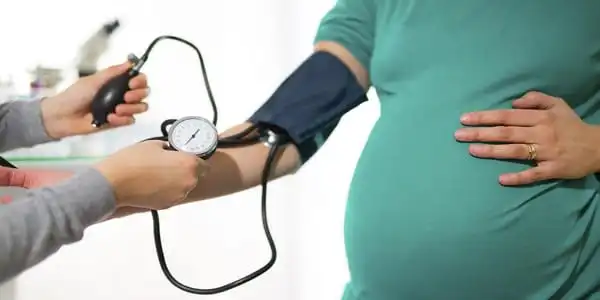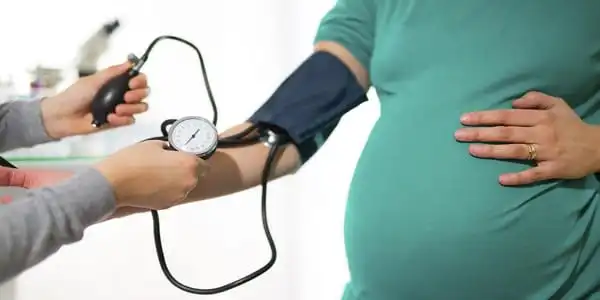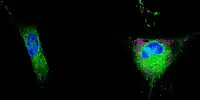Preeclampsia is a type of high blood pressure that occurs after the 20th week of pregnancy or after giving birth in some women. During prenatal visits, your doctor can diagnose preeclampsia by taking your blood pressure and testing your urine. The treatments for preeclampsia vary depending on how far along you are in your pregnancy and how severe the condition is.
Treatments may include more frequent checkups, hospital stays, or having your baby sooner. The majority of preeclampsia pregnant women have healthy babies. However, if not treated, it can lead to serious complications such as premature birth and even death.
A study of blood RNA from pregnant women discovered specific molecular profiles that identify women at risk of pre-eclampsia. These insights can detect complications before a woman exhibits symptoms. Researchers from King’s and Guy’s and St Thomas’ NHS Foundation Trust collaborated with Mirvie on the study, which was published in Nature. The research looks at genetic material found in blood samples to see if it can predict pregnancy complications like pre-eclampsia.
We were able to detect cell free RNA (cfRNA) in the blood of pregnant women using a cutting-edge sequencing approach. These findings produced a molecular signature that can be used to identify women at risk of pre-eclampsia.
Professor Rachel Tribe
Pre-eclampsia affects up to one in every twelve pregnancies and is a major cause of maternal morbidity. It is also linked to an increased risk of cardiovascular disease. The majority of pre-eclampsia cases are identified when the mother experiences symptoms in the third trimester. This research could broaden the detection window and lead to earlier intervention.
“I am delighted to be involved in this important collaborative effort to develop a new tool to predict pre-eclampsia,” said Professor Rachel Tribe of King’s College London’s Department of Women and Children’s Health.
She continued, “We were able to detect cell free RNA (cfRNA) in the blood of pregnant women using a cutting-edge sequencing approach. These findings produced a molecular signature that can be used to identify women at risk of pre-eclampsia. Excitingly, this only requires a single blood sample and has the potential to identify women at risk much earlier in pregnancy, allowing clinicians to closely monitor and treat them.”

Researchers collected 2500 blood samples from eight prospectively collected cohorts that included people of various ethnicities, nationalities, socioeconomic backgrounds, and geographic locations. They then looked at the anonymized cfRNA profiles, which are signals from the fetus and the pregnant mother’s tissues and reflect fetal development and healthy pregnancy progression. This allowed for a non-invasive look at maternal and fetal health.
In this study, researchers show cfRNA signals that differ from those seen in a healthy pregnancy. A single blood sample could reliably identify women at risk of developing preeclampsia months before the disease manifested itself. The Mirvie RNA platform can identify 75 percent of women who develop preeclampsia by analyzing tens of thousands of RNA messages from the mother, baby, and placenta using machine learning. Researchers hope to expand this test to look into other pregnancy complications, such as preterm birth.
“Because the study drew on samples from a diverse group of women, including participants recruited across King’s Health Partners,” Professor Tribe added, “the molecular signature is very reliable and has the potential to outperform currently available tests.”
‘We are now focusing on ongoing clinical research to validate these findings and improve our understanding of other pregnancy complications.’ As a scientist, it was also fascinating to see that the molecular signature tells us something about mechanisms associated with pregnancy health and complications such as preeclampsia; such knowledge will aid in the development of future treatment strategies.”
If you have severe preeclampsia, you will almost certainly be admitted to the hospital so that your provider can closely monitor you and your baby. Your provider may prescribe antenatal corticosteroids to you (also called ACS). These medications aid in the development of your baby’s lungs. You may also be given blood pressure medication and anti-seizure medication (called magnesium sulfate).
The National Institute for Health Research (NIHR) funded the study through the NIHR Guy’s and St Thomas’ Biomedical Research Centre and an NIHR Doctoral Research Fellowship.















